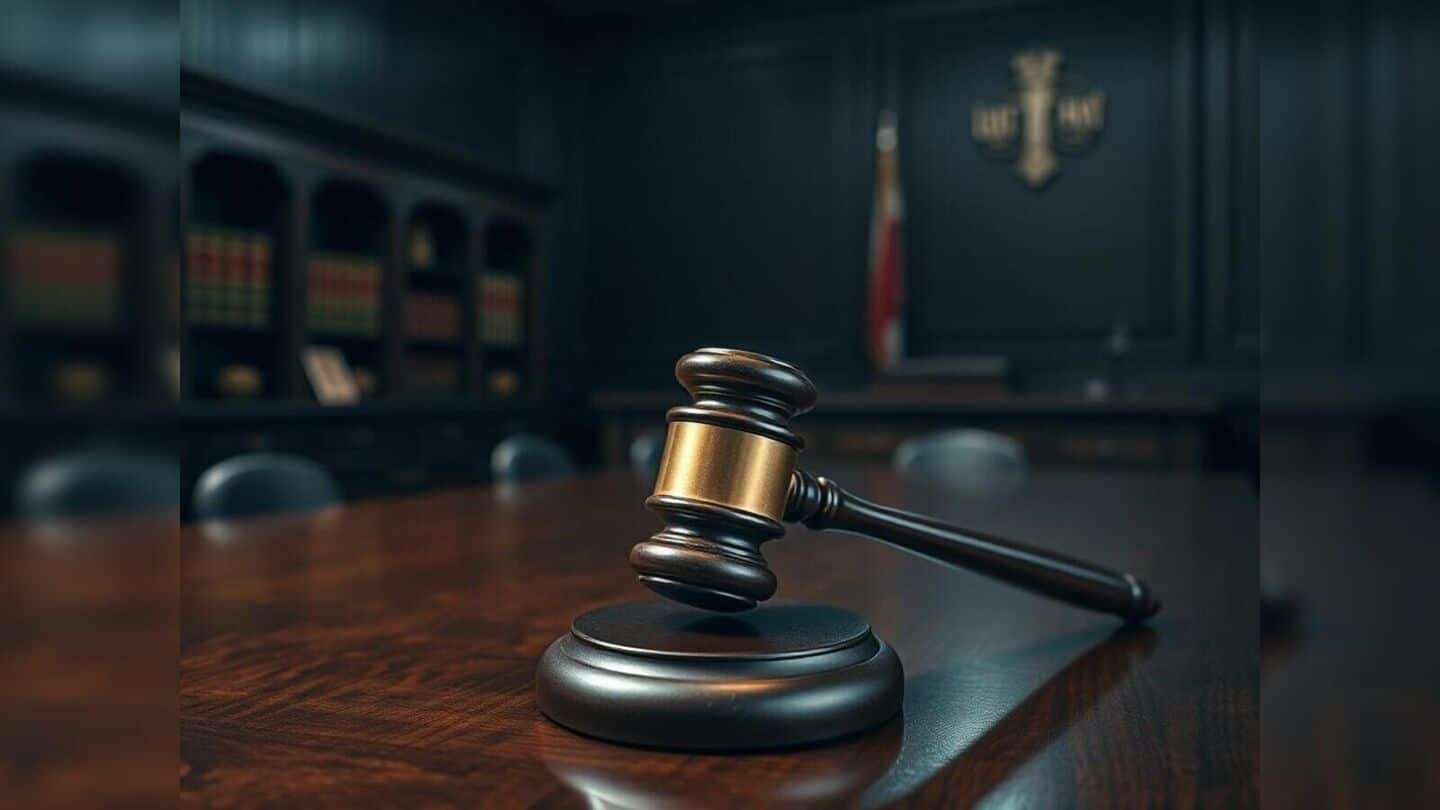
UK: Lawyers could be fined for using fake AI-generated citations
What's the story
The High Court of England and Wales has warned lawyers about the dangers of relying on artificial intelligence (AI) tools like ChatGPT for legal research. In a ruling, Judge Victoria Sharp said these generative AI tools "are not capable of conducting reliable legal research." She added that while such tools can provide seemingly coherent and plausible responses, they could also be entirely incorrect.
Professional responsibility
Lawyers have obligation to check accuracy of AI-generated content
Judge Sharp clarified that while lawyers can use AI in their research, they have a professional obligation "to check the accuracy of such research by reference to authoritative sources, before using it in the course of their professional work." The judge's remarks come amid rising concerns over instances where lawyers have cited what appear to be AI-generated falsehoods.
Information dissemination
Ruling to be shared with Bar Council, Law Society
Sharp said her ruling will be shared with professional bodies in the country, including the Bar Council and the Law Society. The decision comes after two recent cases where lawyers were found to have cited fake cases generated by AI in court proceedings. In one case, a lawyer submitted a filing with 45 citations, out of which 18 didn't exist while many others "did not contain the quotations that were attributed to them."
Case examples
Lawyer in $120M case cited non-existent cases
In a $120 million lawsuit regarding an alleged breach of a financing agreement with Qatar National Bank, a lawyer had cited 18 non-existent cases. The client named Hamad Al-Haroun, apologized for unintentionally misleading the court with false data produced by publicly available AI tools. In another case which involved a tenant's housing claim against the London Borough of Haringey, Barrister Sarah Forey denied using AI but didn't provide "a coherent explanation for what happened."
Legal consequences
Judge warned lawyers about potential penalties
Judge Sharp warned that offering false material as if it were genuine might be considered contempt of court or, in "the most egregious cases," perverting the course of justice. This could lead to severe penalties for lawyers who don't comply with their professional obligations.